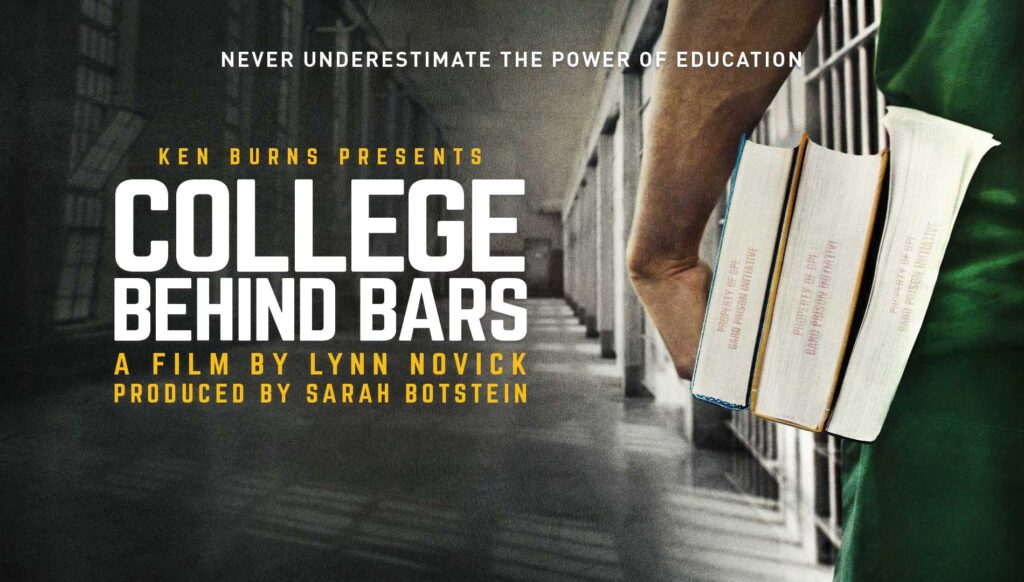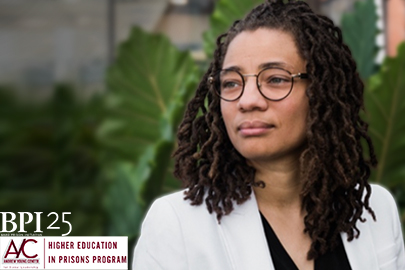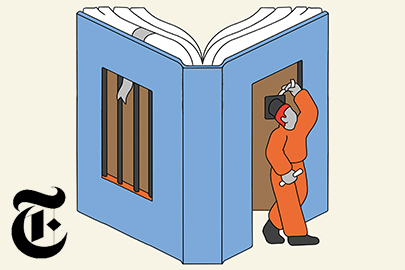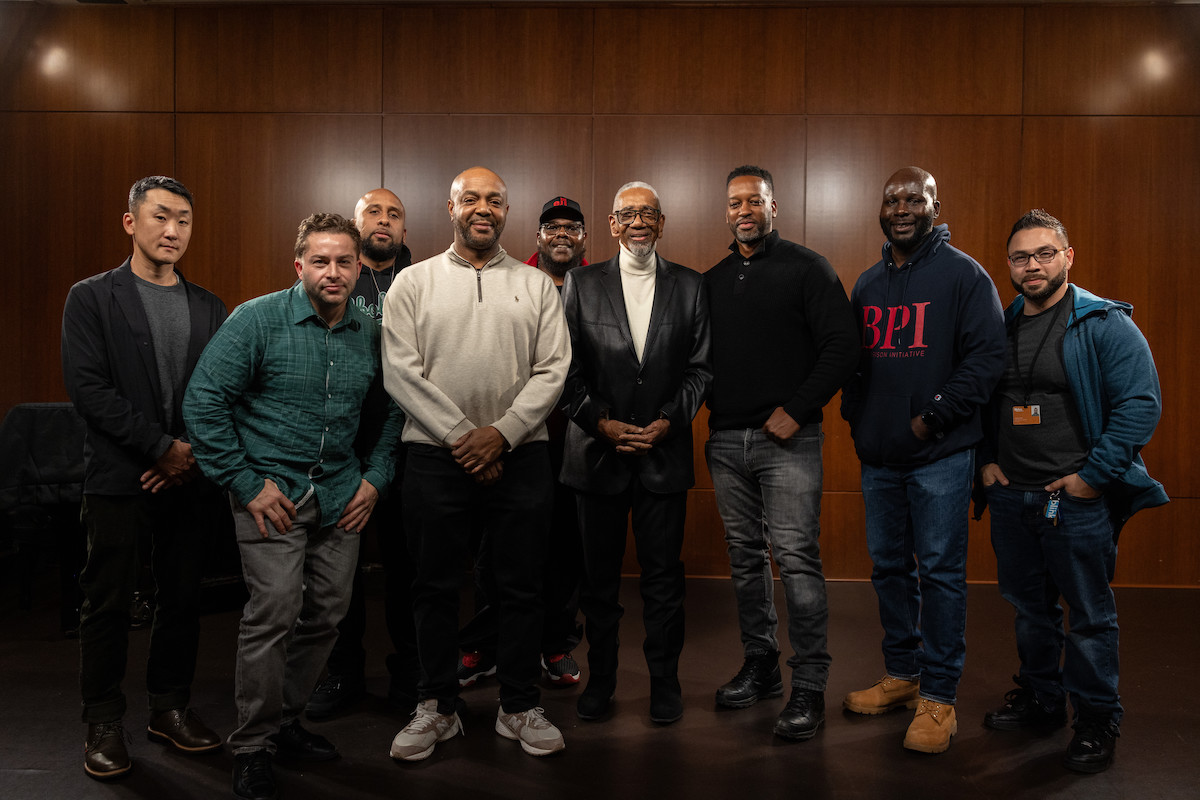Since 1999, BPI has worked to redefine the availability, affordability, and expectations typically associated with higher education in America, creating groundbreaking opportunities for liberal arts education in prison, and beyond.
Explore the College
Defying expectations of who college is for and where it can lead

Full time, tuition free: BPI creates and protects academic spaces where students and 90+ faculty engage in ambitious college coursework. Students enroll in Bard College AA, BA, and MA degrees that span the liberal arts and enrich their writing, reading, knowledge, and thinking.

College in More Places: BPI establishes independent college campuses in prisons, libraries and nonprofits, highlighting that rigorous liberal education and student achievement is possible everywhere.

Lifelong Connectivity: BPI begins reentry planning upon enrollment in the college and includes comprehensive support in the areas of continuing education, employment, housing, technology, and wellness. Once home, BPI engages alumni through a suite of individualized and holistic supports and services.

Community of Practice: BPI engages emerging and existing college-in-prison programs, supporting efforts to grow educational opportunities for incarcerated people internationally. BPI has worked to convene, cultivate, and establish programs across the world.
College Behind Bars
The four-part Emmy-nominated documentary College Behind Bars shares an intimate look at the lives and experiences of a dozen BPI students and their families. The documentary confronts and challenges conventional wisdom about the purpose of both education and incarceration.
Learn More & How to Watch




